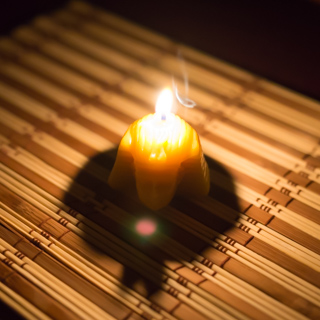 Everything fades in the winter. What do beekeepers do when the warm season is over and their bees are ready to winter? They clean, sanitize and store beekeeping equipment. They paint and repair their woodenware or purchase new ones. They build new hives, honey supers and frames. They miss the bees and worry about whether they'll winter well. They read books. And on the eve of Christmas and New Year's, they make candles from natural beeswax.
Everything fades in the winter. What do beekeepers do when the warm season is over and their bees are ready to winter? They clean, sanitize and store beekeeping equipment. They paint and repair their woodenware or purchase new ones. They build new hives, honey supers and frames. They miss the bees and worry about whether they'll winter well. They read books. And on the eve of Christmas and New Year's, they make candles from natural beeswax.
Beeswax is a very valuable natural product with many unique properties. Candles made out of beeswax have a pleasant golden color and a warm aroma with the scent of honey and flowers. They burn longer, brighter and cleaner than paraffin candles. In fact, they are natural aroma candles with the scent provided not by chemical additives but by the material itself. Making candles can be a great hobby that is very easy to learn. It does not require a lot of tools and you will quickly be able to make some excellent products.
It is worth mentioning that unlike natural beeswax, widely used paraffin can cause adverse health effects in the long term. Researchers from South Carolina State University have found that the fumes from paraffin wax candles contain poisonous and carcinogenic substances like toluene and benzene and produce a lot of black soot. For some people, paraffin wax candles can cause allergies or respiratory irritation. Also, commercially available candles can contain wicks with lead cores, which have the potential to generate indoor airborne lead concentrations of health concern. Lead wicks are banned in the USA. Furthermore, the chemical scents used in some candles are also questionable.
There are different ways to make beeswax candles. For example, candles can be rolled from beeswax sheets. Another way is by dipping the wick into melted wax until the candle becomes sufficiently thick. And finally, the most common method is to pour melted wax into various types of molds.
Can't wait to start making candles?
Read more…
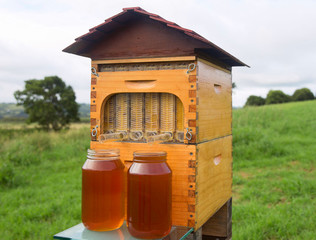

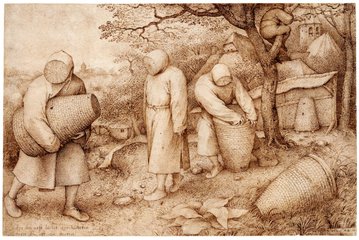
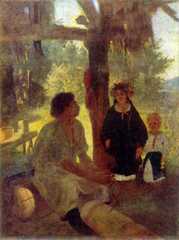
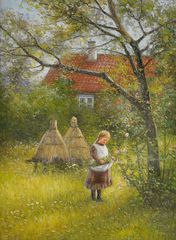
 New page has been added to the
New page has been added to the 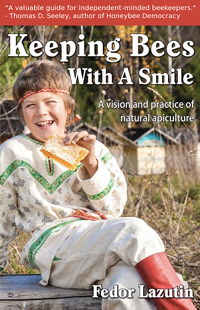 Brief biography of Fyodor Lazutin and information about his book and film "Keeping Bees with a Smile: A Vision and Practice of Natural Apiculture" was added to the
Brief biography of Fyodor Lazutin and information about his book and film "Keeping Bees with a Smile: A Vision and Practice of Natural Apiculture" was added to the